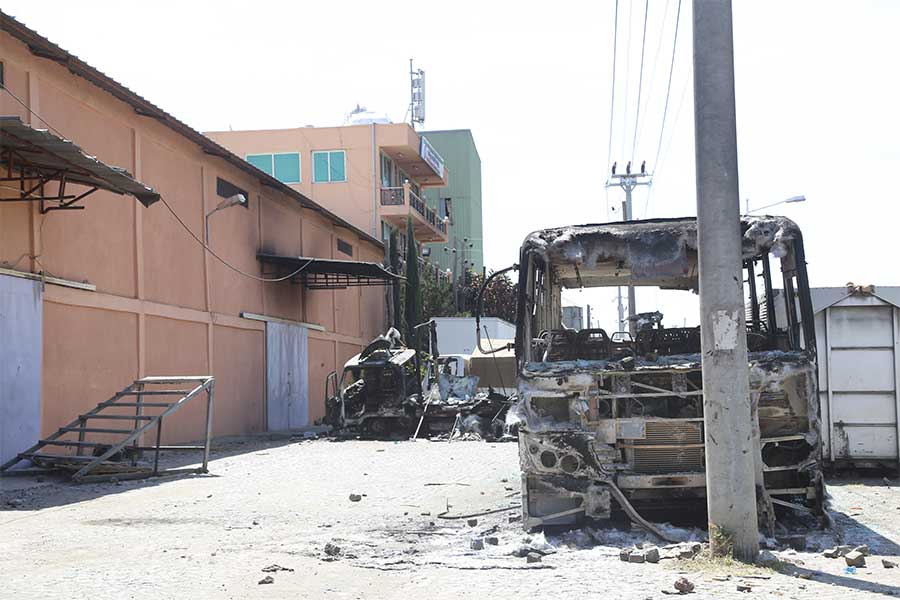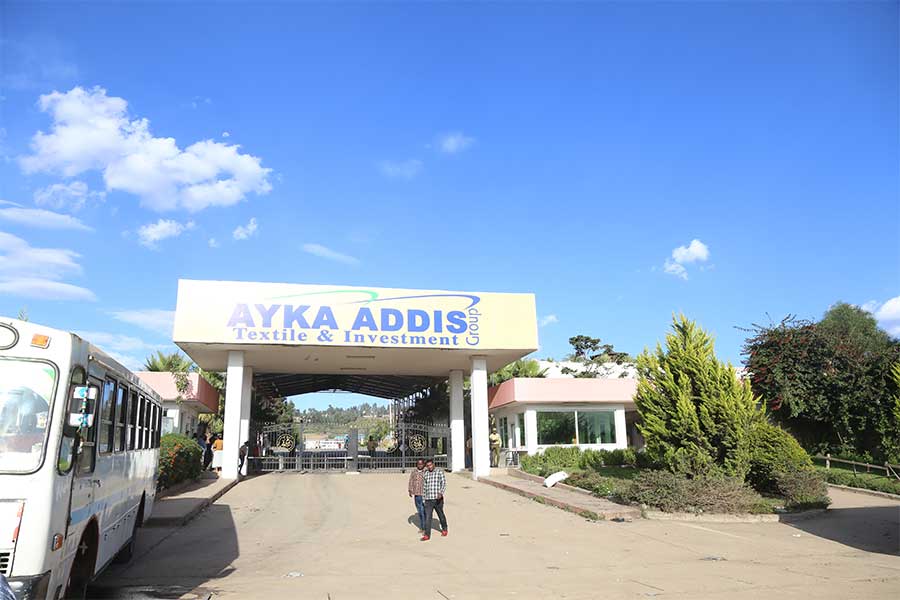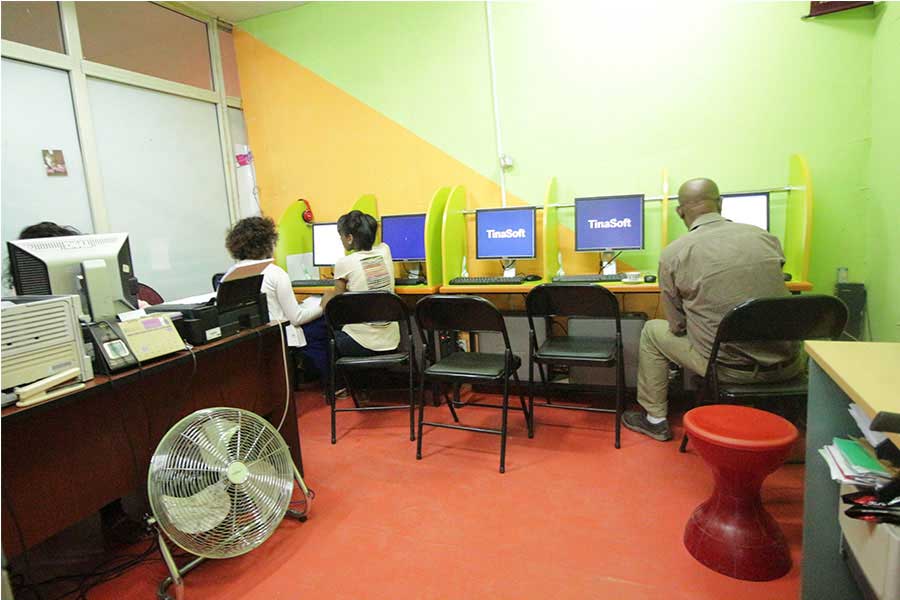
Sunday with Eden | Mar 20,2021
Jul 26 , 2025
By Ahmed T. Abdulkadir
When I stepped onto campus life in the early 2010s, the place felt hushed, as if everyone shared a secret. Students queued for breakfast. Bread, eggs, and a swirl of injera cost 20 Br a day. It felt like a bargain, and it was a bargain. Nonetheless, the silence hinted at another bill coming due.
Outside the gates, the government was heralding “the age of wheat.” The EPRDFites stated that a vast expansion of state-led irrigation across Afar and Somali regional states, as well as the Bale Zone of the Oromia Regional State, would lift the country out of import dependence and into food security. Officials promised jobs, dignity and prosperity. They also promised growth, an annual average of 9.5pc for five years to 2019.
The numbers dazzled visiting donors and filled policy journals with praise for Ethiopia’s “developmental state.” At ground level, the reality looked different. Land that once fed families was swept into mechanised estates. Communal plots were reclassified as “unused” and leased to large investors, many of them foreign. Villagisation programs in Gambella Regional State and the lowlands have displaced agro-pastoralists from their ancestral lands, ostensibly to combat chronic food insecurity.
The government’s Constitutional mandate to all land, an inheritance from the 1975 Revolution, later cemented in the 1995 Constitution, became a powerful lever. Officials could allocate or withhold plots according to political prerogative, not productivity. The old revolutionary slogan “Land to the Tiller” returned, but now with an ironic twist. The state that once vowed to end serfdom had become the landlord.
Scholars such as Fana Gebresenbet (PhD) and others recognised the pattern. They traced how displacement was no policy accident, but a central feature of what geographer David Harvey calls “accumulation by dispossession.” Mechanisation and consolidation introduced a new rural labour regime. Women and the young bore the brunt of the insecurity due to short-term jobs, low wages, and revolving contracts.
Meanwhile, GDP worship crowded out questions of justice. Bright export figures masked a worsening food gap, as wheat and flowers were shipped abroad while local markets became increasingly thin. Sugar factories, launched with political fanfare, turned into financial sinkholes; viability bowed to loyalty. Ethiopia, far from offering an alternative to global capitalism, became another outpost, producing for others, extracting from itself.
On campus, the tension continued to build. Our subsidised meals came from wheat fields that were once family farms. The quiet in lecture halls mirrored the enforced quiet of villages. But silence has a breaking point. In 2015, the Addis Abeba Master Plan, which tried to extend the capital’s reach into farmlands on the outskirts of the city, sparked protests that soon engulfed the country. The demonstrations looked sudden only to outsiders; they were the stored up anger of people whose land, labour and lives had been subordinated to a development model that measured success in exports and statistics.
The contradiction lay at the heart of the stateled blueprint. In theory, centralised planning would lift the masses. In practice, party, state and market fused into a single command. Technocrats supplied rational language; political survival set the investment agenda. The model did not fail because it was misapplied. It unravelled because it worked exactly as designed, prioritising growth over equity, and scale over consent.
The crisis runs deeper than policy missteps. As thinkers such as Gilbert Rist and Arif Dirlik argue, “development” itself is an ideological construct that offers one road from “traditional” to “modern” and leaves little room for histories of extraction and inequality. Ethiopia adopted the script wholeheartedly, repackaging dispossession as modernisation.
Land remained the fault line. Farmers held userights but not ownership. As the population expanded faster than arable land, plots shrank, soils became exhausted, and competition intensified along ethnic lines. Environmental degradation followed. The legal ambiguity led officials to label certain groups “nonindigenous” and remove them, turning politics into a scramble for territory rather than a project of shared growth.
Philosopher Nancy Fraser calls such moments “hegemonic crises,” when the prevailing common sense no longer aligns with lived reality. Ethiopia entered that limbo around the mid-2010s, its grand narrative fraying even as cranes still dotted the skylines and export charts remained bright.
Back in the dining hall, our bread was real enough, and so was the rage rumbling in the countryside. Any honest account should have held both truths together. The developmental state sowed silence; the harvest, inevitably, was noise.
PUBLISHED ON
Jul 26,2025 [ VOL
26 , NO
1317]

AhmedT. Abdulkadir (ahmedteyib.abdulkadir@addisfortune.net) is the Editor-in-Chief at Addis Fortune. With a critical eye on class dynamics, public policy, and the cultural undercurrents shaping Ethiopian society.

Sunday with Eden | Mar 20,2021

News Analysis | Jan 05,2020

News Analysis | Jan 05,2020

News Analysis | Jan 05,2020

Viewpoints | Jun 05,2021

News Analysis | Jan 05,2020

News Analysis | Jan 05,2020

News Analysis | Jan 05,2020

Radar | Sep 14,2025

View From Arada | Jan 18,2019

Photo Gallery | 179425 Views | May 06,2019

Photo Gallery | 169621 Views | Apr 26,2019

Photo Gallery | 160537 Views | Oct 06,2021

My Opinion | 137177 Views | Aug 14,2021
Commentaries | Oct 25,2025

Dec 22 , 2024 . By TIZITA SHEWAFERAW
Charged with transforming colossal state-owned enterprises into modern and competitiv...

Aug 18 , 2024 . By AKSAH ITALO
Although predictable Yonas Zerihun's job in the ride-hailing service is not immune to...

Jul 28 , 2024 . By TIZITA SHEWAFERAW
Unhabitual, perhaps too many, Samuel Gebreyohannes, 38, used to occasionally enjoy a couple of beers at breakfast. However, he recently swit...

Jul 13 , 2024 . By AKSAH ITALO
Investors who rely on tractors, trucks, and field vehicles for commuting, transporting commodities, and f...

Oct 25 , 2025
The regulatory machinery is on overdrive. In only two years, no fewer than 35 new pro...

Oct 18 , 2025
The political establishment, notably the ruling party and its top brass, has become p...

Oct 11 , 2025
Ladislas Farago, a roving Associated Press (AP) correspondent, arrived in Ethiopia in...

Oct 4 , 2025
Eyob Tekalegn (PhD) had been in the Governor's chair for only weeks when, on Septembe...

Oct 25 , 2025 . By YITBAREK GETACHEW
Officials of the Addis Abeba's Education Bureau have embarked on an ambitious experim...

Oct 26 , 2025 . By YITBAREK GETACHEW
The federal government is making a landmark shift in its investment incentive regime...

Oct 29 , 2025 . By NAHOM AYELE
The National Bank of Ethiopia (NBE) is preparing to issue a directive that will funda...

Oct 26 , 2025 . By SURAFEL MULUGETA
A community of booksellers shadowing the Ethiopian National Theatre has been jolted b...